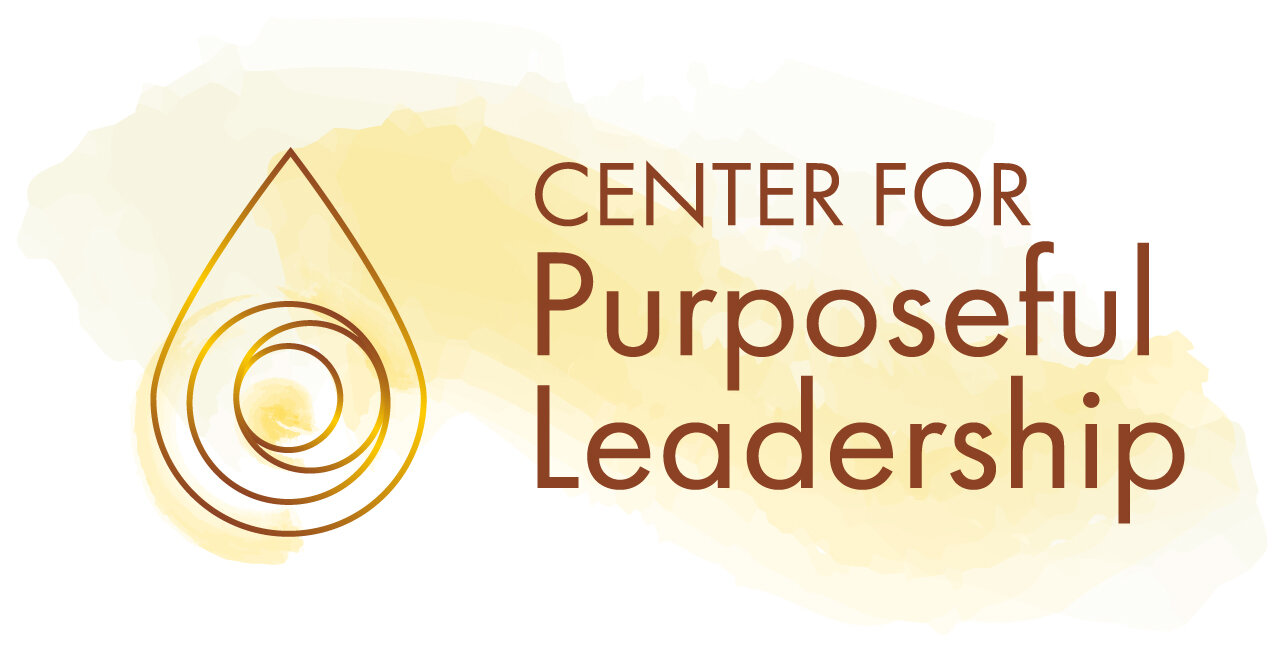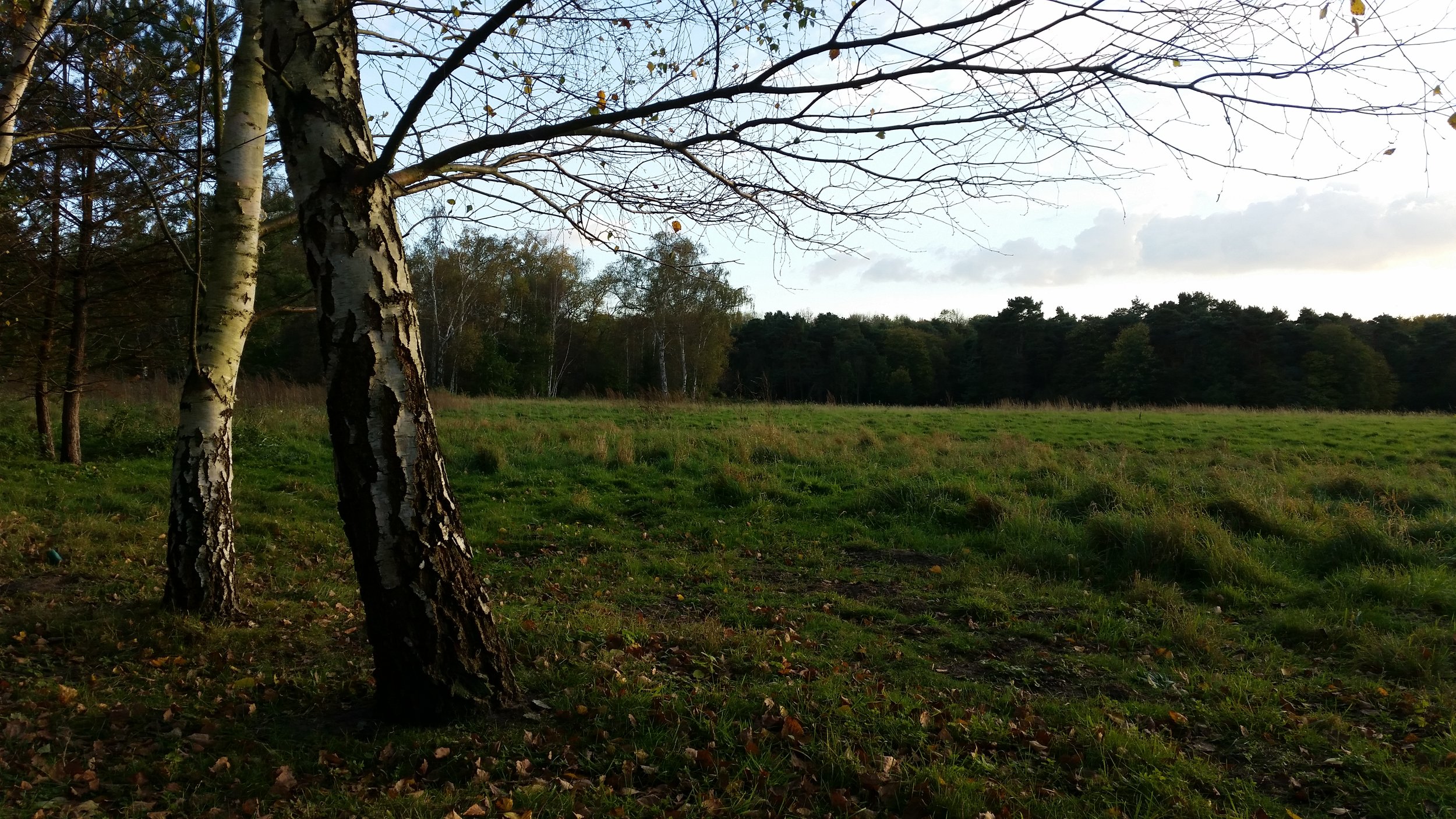Read that quote again. Now read it again.
It occurred to me, reading that paragraph, that the real value of the Art of Convening has not yet been manifested. The ability to have a "real" conversation may be slowly lost as a skill as our culture becomes more and more dependent on a "performance of connection" rather than genuine connection.
Like Turkle, I'm not suggesting that digital devices and methods are not useful or that we should junk them, but the ability to connect, for real, is no small thing - and many of us will require help to engage outside of the digital performance arena. Our ability to "see" each other - not the managed performance of each other - requires a strategy that The Art of Convening can provide. I think of it now as a technology of conversation that is an essential element in the momentum of the increasing digitalization of our lives.
The Art of Convening provides a simple formula and practices that a convener uses to provide a safe "container" for us to venture into the vulnerable place of trust, recognition and yes, messiness, where genuine conversation resides. This skill is more and more absent from our everyday lives - and critically absent from the lives of our children, grandchildren and young colleagues.
I've said from the beginning of the process of writing it that I'd love to see The Art of Convening book on the bookshelf in every conference room and every dining room as a guide for those of us yearning to communicate in a meaningful, human way. I continue to learn from it myself, every day, and still have a lot to learn.
I'm grateful to Sherry Turkle for doing the kind of work that examines our humanity as it may be outweighed by a digital environment that create a ubiquitous shell around us. Turkle recommends putting technology in its place. My response, or bias if you will, is to recommend "The Art of Convening" as a means (one of perhaps many) to regain that balance.
Please add your own comments. I'd love to hear about your experience with "digital natives," conversation and connection strategies.
Cynthia (Cindy) Wold is a co-author of The Art of Convening: Authentic Engagement in Meetings, Gatherings and Conversations.





























